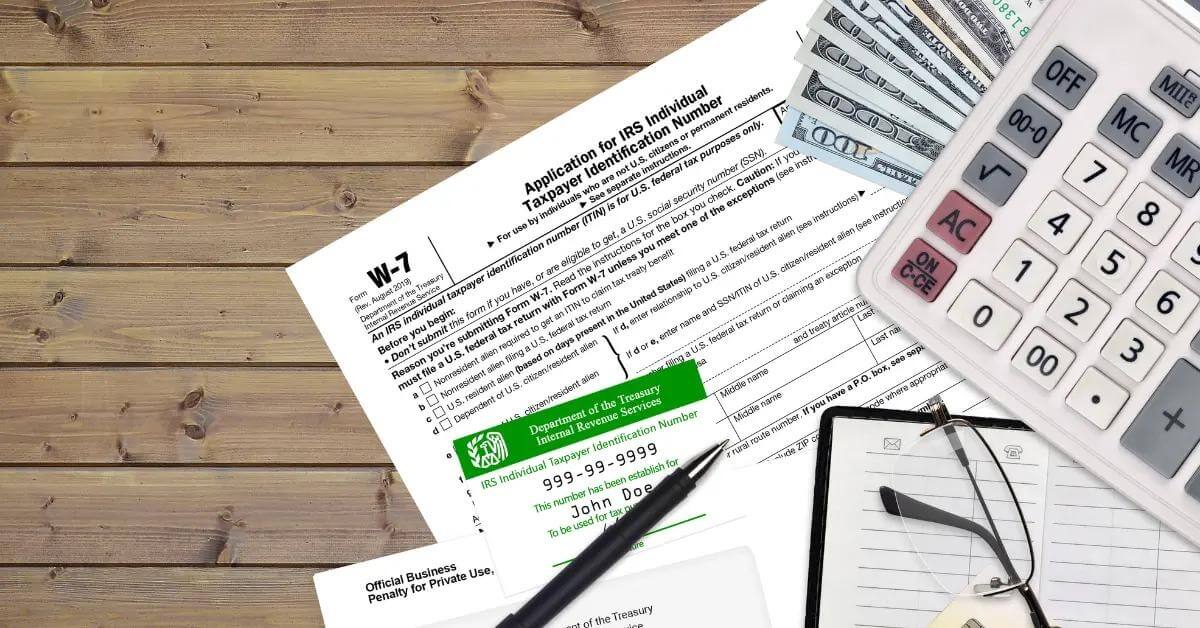
Deducting Final Medical Expenses

Estates That Are Eligible for Tax Deductions on Funeral Expenses
The IRS does not levy taxes on most estates, so only the most prosperous can benefit from tax deductions on their funeral expenses. IRS rules dictate that all estates worth more than $11.58 million in the 2020 tax year are required to pay federal taxes, at which point they can take advantage of tax deductions on the funeral expenses of a loved one.
You will have to calculate the gross value of the estate to determine whether it is eligible for these tax deductions. Simply look at the monetary value of each asset owned by the decedent and add them up to get the total.
A total that comes in less than the required $11.58 million will not face taxes and thus won’t be eligible for deductions on the funeral expenses. It’s also worth noting that states have their own laws regarding estate taxation, even if you do not meet the threshold for federal taxes, so consult with a tax expert to ensure you’re taking advantage of every deduction available to you.

Funeral Expenses That Are Tax-Deductible
Burial Lot
Funeral Expenses
Religious Practices
Transportation
Gravestone
Meals

Claiming Tax Deductions on Funeral Expenses
- Determine whether the estate reaches the $11.58 million threshold, including any assets of the decedent and any taxable gifts.
- Find Schedule J of IRS Form 706 if the estate reaches the estate tax threshold.
- List all funeral expenses paid by the estate, excluding any paid by other parties.
- This form should also be filed within nine months after your loved one passes away.









